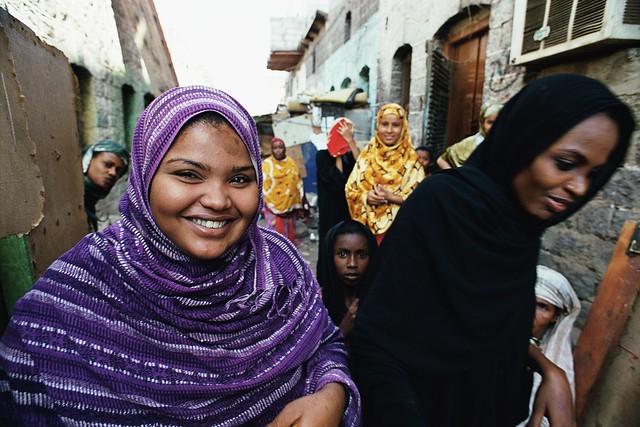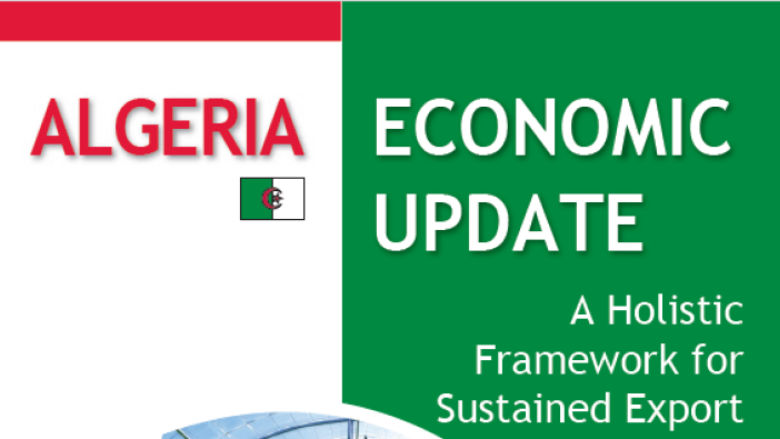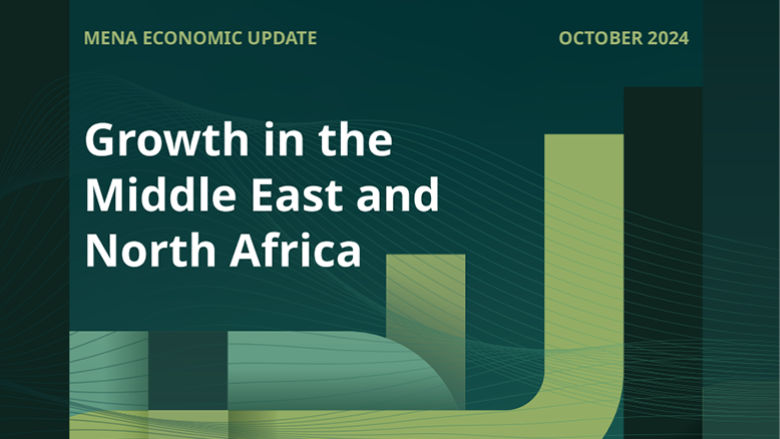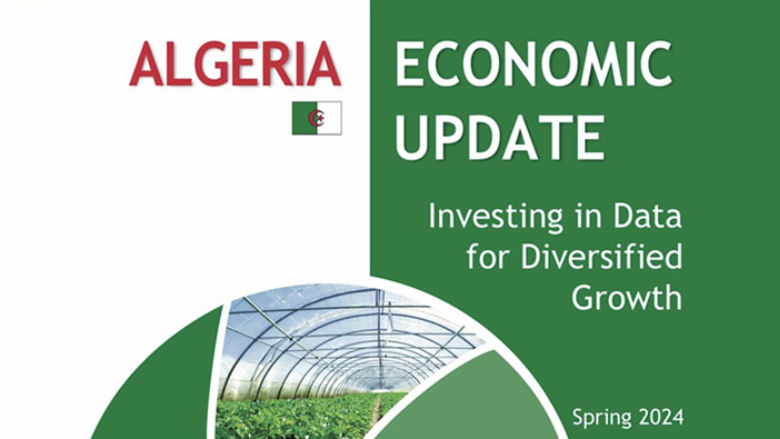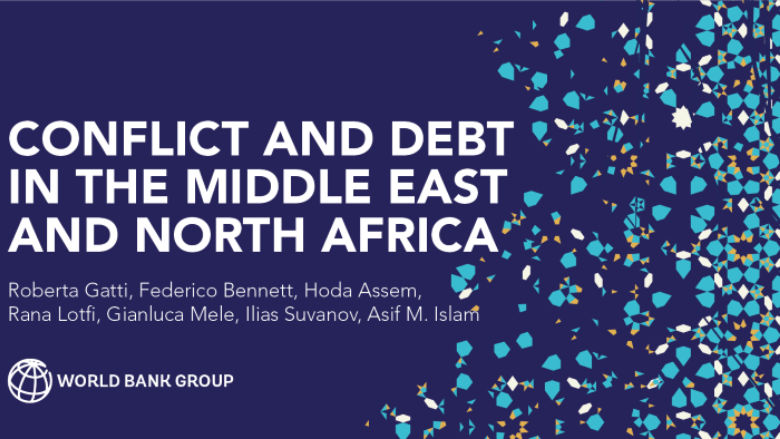The largest African country and the third-largest Arab economy, Algeria moved back to the upper-middle income category under the World Bank¡¯s country income classification in July 2024. Over the past two decades, Algeria has made advances in economic and human development, investing in infrastructure projects and introducing redistributive social policies that alleviated poverty and significantly improved human development indicators.
The main challenge for the Algerian economy remains the high dependency on hydrocarbon revenues and public spending. The hydrocarbon sector accounted for 14 percent of GDP, 86 percent of exports, and 47 percent of budget revenues between 2019 and 2023. Algeria aspires to diversify its economy to vary the country's sources of revenues and improve employment prospects, particularly for young people, given the country's demographic profile. The unemployment rate was estimated at 12.7 percent overall and at 30.8 percent among young people (aged 15 to 24) in 2023.
While the COVID-19-induced recession exacerbated growth challenges, the subsequent surge in hydrocarbon prices resulting from the global recovery has generated a substantial rise in Algeria¡¯s export and budget revenues, which helped the economy recover. GDP grew by 3.8 percent in 2021, 3.6 percent in 2022 and 4.1 percent in 2023. Algeria¡¯s overall and nonhydrocarbon GDP recovered to pre-pandemic levels by 2022. High energy prices generated a current account surplus since 2022, reversing the downward trend in foreign exchange reserves. The budget deficit fell to 2.9 percent in 2022 but then increased to 5.2 percent in 2023, driven by rising hydrocarbon and tax revenues on the one hand, and a steep increase in current spending on the other, led by higher public sector wages and pensions, the higher cost of the new unemployment benefit scheme, and larger food subsidies.
Algeria, like other oil-exporting countries across the MENA region, will need to shift toward a more diversified economy to lift job prospects, a crucial task given the country¡¯s young demographic profile. Since 2020, the government has taken steps to boost foreign and domestic investment by issuing a new Hydrocarbon Law, partly lifting restrictions on the foreign ownership of domestic firms, adopting a new Investment Law, and issuing a new Money and Credit Law. Meanwhile, the September 2021 Government Action Plan has made the transition to a private sector-led growth and job creation model a developmental priority, notably by arguing for rationalizing public spending, reducing imports, boosting non-hydrocarbon exports, and for significant improvements to the business environment, including reforming public banks and state-owned enterprises.
Last Updated: Oct 12, 2024


